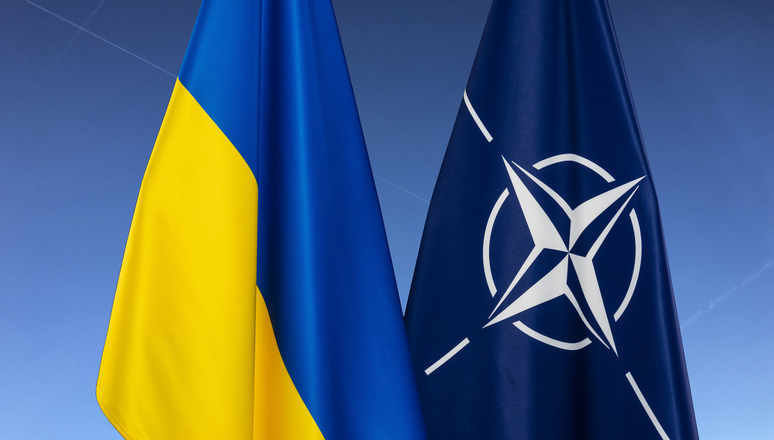
NATO
In the latest escalation of tensions in Eastern Europe, Ukraine has urgently appealed to its NATO neighbor, Poland, to assist in intercepting Russian missiles targeting its territory. This plea comes amidst increasing aggression from Russia, which has heightened fears of further destabilization in the region.
Ukraine’s request underscores the growing desperation and need for robust defense measures as it continues to face relentless military pressure from Russia. The Ukrainian government has emphasized the critical role that Poland, as a member of NATO, could play in enhancing its defensive capabilities. However, Poland’s response has been notably reserved, reflecting a cautious approach to the complex geopolitical dynamics at play.
Poland’s reluctance to immediately commit to Ukraine’s request highlights the delicate balancing act that NATO countries must perform. While there is widespread support for Ukraine’s sovereignty and condemnation of Russian aggression, direct military involvement risks escalating the conflict to a broader confrontation with Russia. This potential escalation poses significant strategic and security challenges for NATO allies, who must weigh the consequences of their actions carefully.
The Polish government has reiterated its commitment to supporting Ukraine through non-lethal means, such as humanitarian aid and political backing. This stance aligns with the broader NATO strategy of providing substantial support to Ukraine while avoiding direct military confrontation with Russia. Poland’s cautious response also reflects concerns about the potential for Russian retaliation and the implications for regional security.
As the situation unfolds, it remains to be seen how NATO will navigate the increasing pressures and whether further measures will be taken to support Ukraine’s defense against Russian aggression. The international community continues to watch closely, recognizing the significant impact that developments in Eastern Europe could have on global security and stability.






